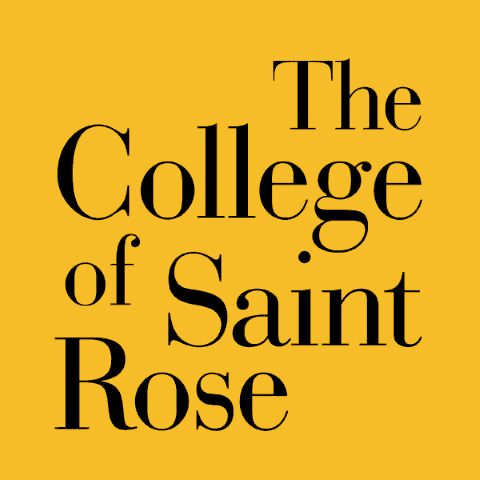If you’ve visited the homepages of Google, Wikipedia, and/or Mozilla this fine Wednesday, you’ve likely noticed a theme among all three. These new media staples are protesting two anti-web piracy bills up for consideration by Congress. One is the Stop Online Piracy Act (House bill, written by Representative Lamar Smith, a Texas Republican). The other is the Protect Intellectual Property Act (Senate Bill, put together by Senator Patrick Leahy, a Vermont Democrat).
Both pieces of legislation are meant to combat the illegal downloading and streaming of online content, and are supported by organizations like the United States Chamber of Commerce and the Motion Picture Association of America. New media mainstays like Wikipedia, Google, and Mozilla have taken issue with these bills, arguing they would allow content owners to target U.S. websites that aren’t knowingly hosting pirated content, and could open the door to censorship without due process.
The backlash targeting these bills appears to be having an impact. To date, four senators have altered their positions on legislation regarding Internet piracy.
For further illumination on this subject, we turn to Paul Conti – Assistant Professor of Communications here at The College of Saint Rose:
“The tug of war here is between the people who create content for profit and the search or search-like providers which make finding content on the internet easy.
Content providers want to protect their investment. They are especially concerned about off shore (foreign) copyright violators who make their content available in violation of law.
The search or search-like companies like Google or Wikipedia do not like the provisions of the law which would require them to remove search results that might direct an internet user to those sites. They view it as a free speech issue. Plus there are concerns they might be removing results from the searches that don’t necessarily lead people to violate copyright. Maybe someone is conducting research on how many links to offshore content there might be.
Some [communications] students are known to enjoy access to content without regard to its source or the copyright restrictions which entitle the content creators to money and they keep enjoying that right up until the moment they graduate and become content providers themselves.”
Facebook and other new media outlets have been abuzz with comments from Saint Rose students and others on this issue. What are your thoughts? Do these bills represent a legitimate threat to free speech on the Internet, or do the folks at Google, Mozilla, and Wikipedia have their heads in the clouds?
6:07pm (EST): An update for all you communications majors out there with a public relations focus: “Public Relations Society of America Opposes SOPA and PIPA Bills“



3 comments for “New Media Outlets Lobby Against Anti-Web Piracy Bills”
Comments posted on this site are held in moderation until approved by a site administrator. Vulgar, profane, obscene, offensive terms or personal attacks will not be tolerated.